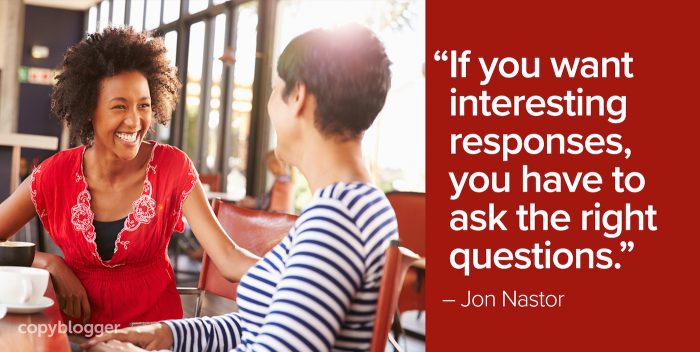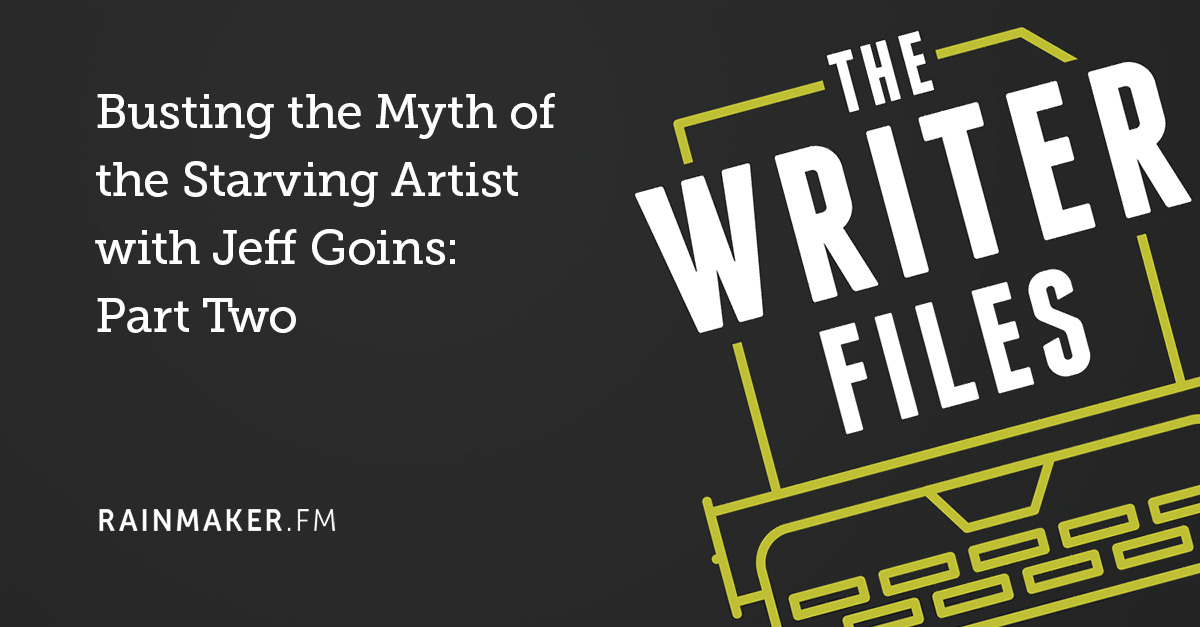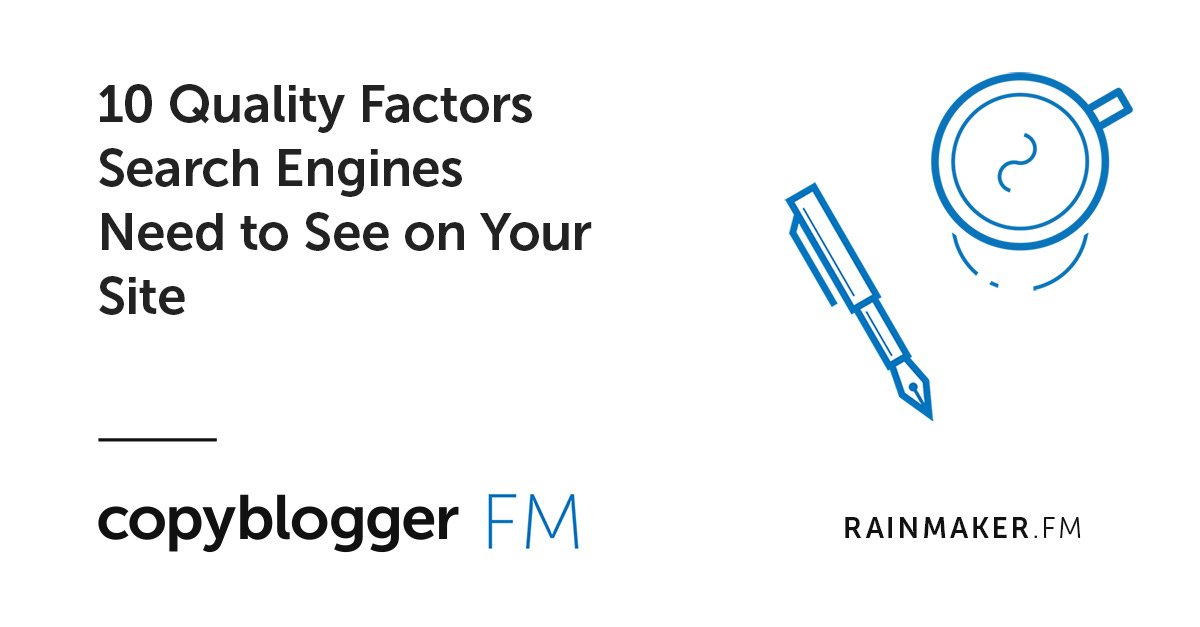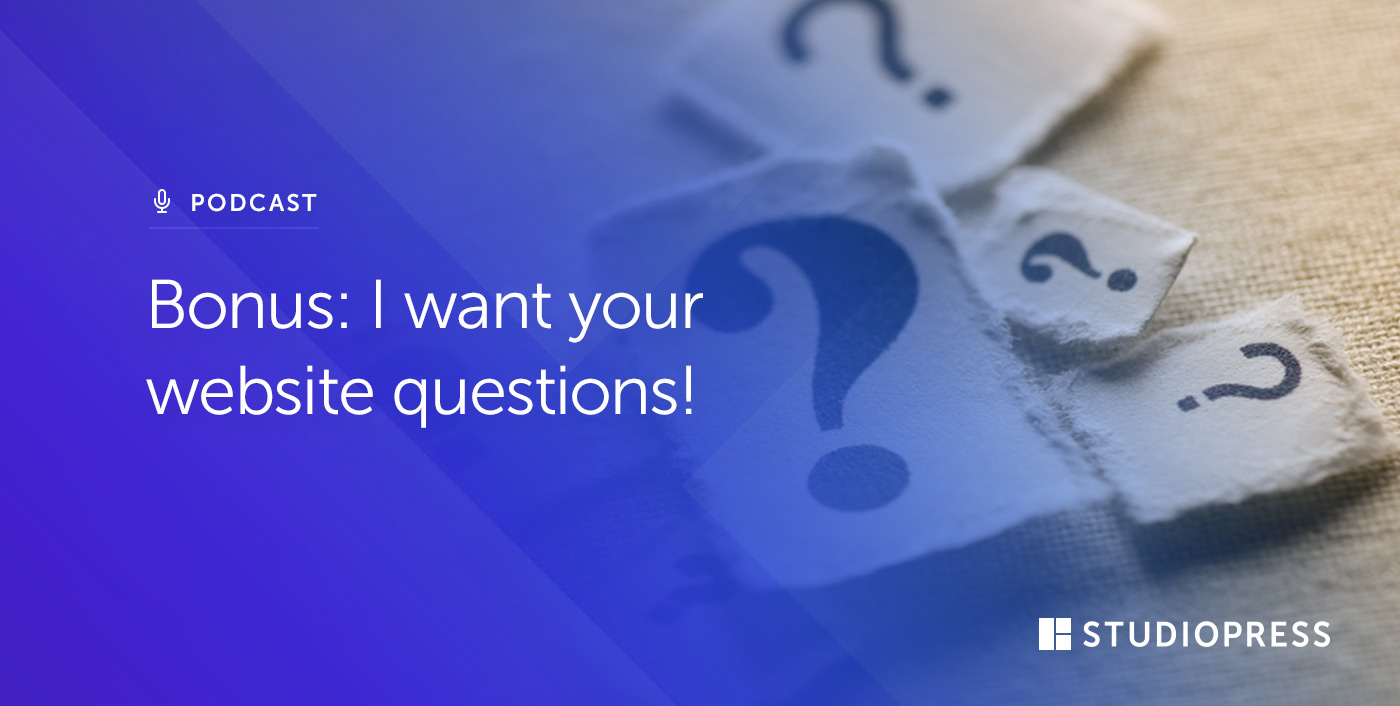When I started Hack the Entrepreneur, I had never conducted a single interview before.
But during the past two years, I’ve hosted more than 350 podcast interviews. I’ve also made a lot of mistakes, embarrassed myself a few times, and learned countless lessons.
So now I have a number of insights to share with you today, as well as tips to avoid some not-so-obvious blunders.
Want to learn a simple path that builds an audience of dedicated listeners? A path that eases the burden of content creation, puts you at the forefront of your brand, and harnesses the power of experts and their audiences?
Although interview-based podcasts may seem like casual conversations, becoming a great interviewer takes practice.
Let’s start at the beginning.
The work required to conduct a not-to-miss conversation starts before you sit down for an interview …
Do the work, then let it go
The foundation of any good interview is knowing your guest and the topic you’re discussing. Podcast hosts need to treat interviews with extra care, especially when they’re performed remotely.
Your job is to quickly and effectively warm up your guest, engage them, and remove any barriers holding them back from sharing compelling details of their story.
Researching your guest before the interview helps you empathize with them. Your research can be as thorough or basic as you want it to be, depending on what you’re trying to accomplish with the interview.
Your research should give you everything you need to ask good questions.
The familiarity you will have with your guest will also breed confidence. When your guest feels confident that you know your stuff, it will be easier for them to relax and open up to you.
But once the interview begins, your job is to be fully present in the conversation — so let go of your research. Following your notes is distracting.
Prepare a guide and signposts for your conversation, but not a strict direction for every single step in the discussion.
Ask better questions
When I began conducting podcast interviews, one of my biggest fears was that my guest would answer my question with a simple “yes” or “no,” and I would be caught off guard without having a follow-up question ready.
The fear was not entirely unfounded, as that very scenario has happened to me on more than one occasion.
It turns out, in order to get interesting responses, you have to ask the right questions.
What, how, and why
“The question is just as important as the answer.” – Charlie Rose
The best questions will entice your guest to open up in unique ways. It’s your job to ask questions that make it easy for your guest to shine.
Try asking:
- What was it like?
- How did that feel?
- Why did you ___?
What, how, and why questions are an interviewer’s best friend: they prompt your guest to describe something, look a little deeper, and avoid a one-word answer.
Can silence produce better podcast interviews?
The next time you are having a conversation with a friend or coworker, try this small, three-step experiment:
- Ask, “What did you do last night?”
- Listen attentively until they stop talking.
- In your head, count to five.
Nearly every single time you do this, your friend will start talking again — and typically elaborate on their previous answer.
As humans, we are conditioned to avoid those awkward pauses. Smart interviewers can use them to draw out more from their guests.
Former PBS NewsHour anchor Jim Lehrer describes it as:
“If you resist the temptation to respond too quickly to the answer, you’ll discover something almost magical. The other person will either expand on what he’s already said or he’ll go in a different direction. Either way, he’s expanding his response, and you get a clear view into his head and heart.”
When you leave space for your guests to respond, it will seem agonizing at first. But the rewards are worth it — a deeper conversation and a better understanding of your guest’s true nature.
This is what matters most
There is nothing more valuable to your growth as a podcast host than the experience you gain from getting behind the microphone.
My simplest advice boils down to:
Ask a good question, listen attentively, and sit quietly.
If you research your guest and subject, prepare open-ended questions, and take advantage of uncomfortable silences, you’re well on your way to becoming a great podcast-interview host.
Oh, and most importantly, have fun. Seriously.
None of the advice above works or matters if you aren’t enjoying yourself.
Grab Your Free, 9-Step Showrunner Guide …
If you want to take the next step to develop, launch, or run your remarkable podcast, start with The Beginner’s Guide to Launching a Remarkable Podcast.
The free ebook helps you get your podcast off the ground.
It follows the framework mapped out inside The Showrunner Podcasting Course. Yet, at the same time, it is a standalone guide to getting started today.
The Beginner’s Guide to Launching a Remarkable Podcast



![[08] 10 Goals that Make Content Marketing Meaningful](../../rainmaker.fm/wp-content/uploads/2017/07/sites-008.jpg)


Lots of great advice here — I’ve found that staying in the moment (do your prep, then let it go) is hard to do at first, but it really pays off.
Thanks for the post, Jonny!
As a naturally fast-paced person, it’s sooooo hard to sit quietly and count to five when someone is “done” talking! I’m working on it, though. These are great tips. Thanks for the post!
It is really hard at first, but it does get easier the more you do it. Keep it up.
Hey Jon,
I have only interviewed for different blogs but never had a podcast with anyone. Though I am trying to learn something better and here you are with the guide.
It’s really important to do some research about your guest, his/her side of the story and how it went from zero to hero.
Asking the question about how they did, how did they feel etc can be interesting.
It will help you to give your guest a space of spreading the words of glory about his/her life.
Thanks for sharing this guide.
~Ravi
You are more than welcome.
I like the 4WH approach, you suggested, to ask really good questions; What, Where, Why, Who, How